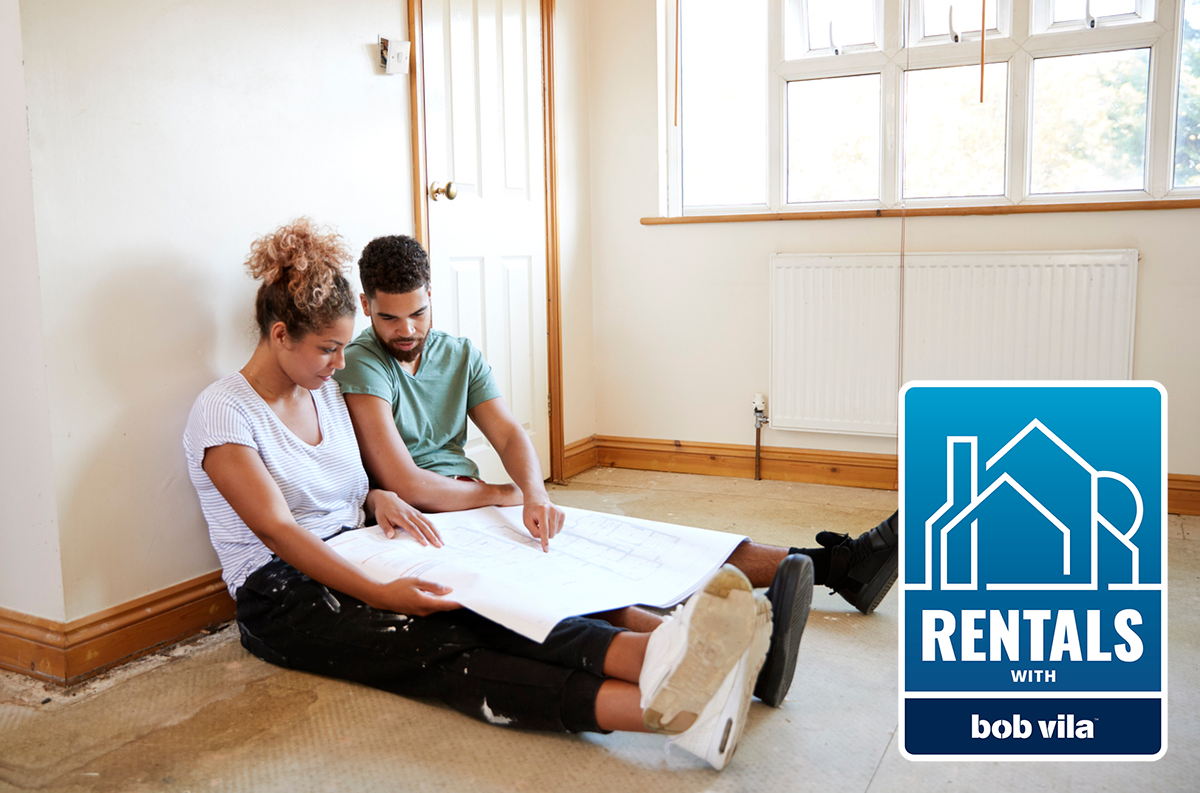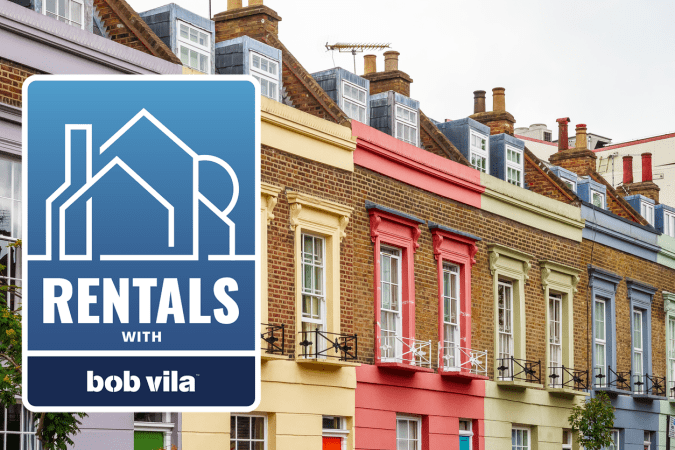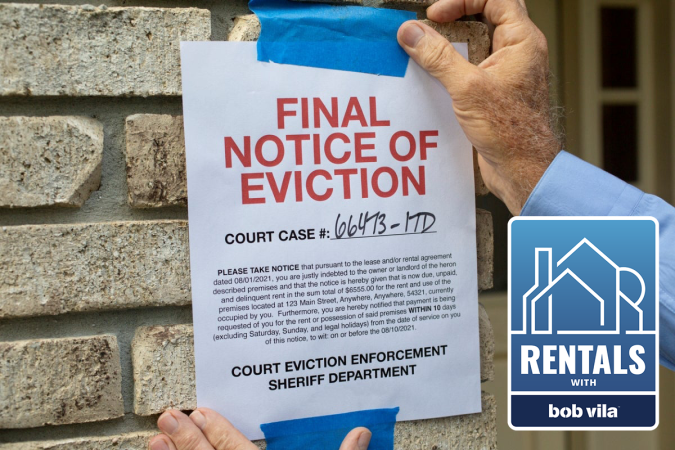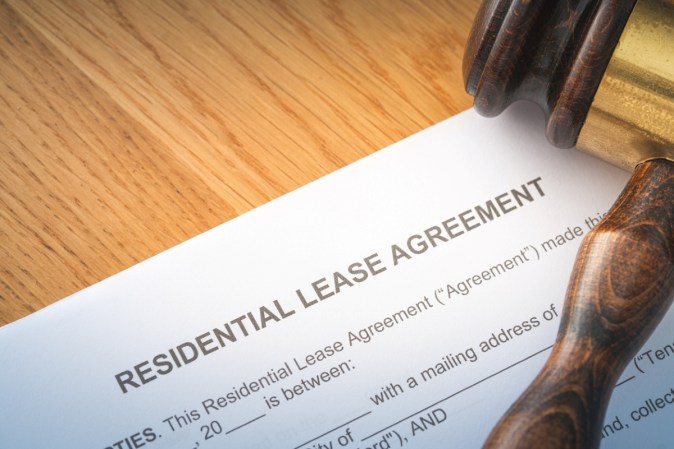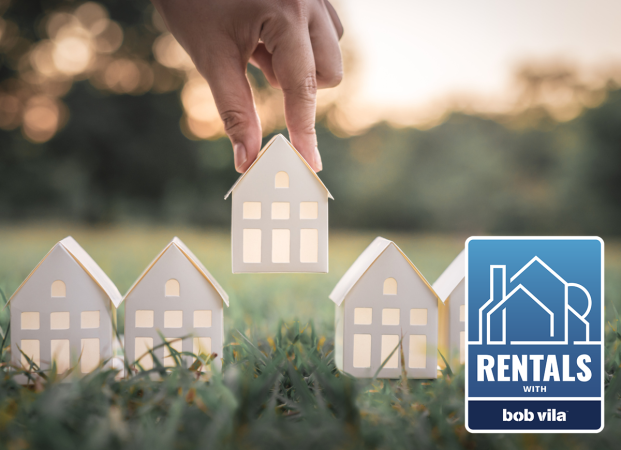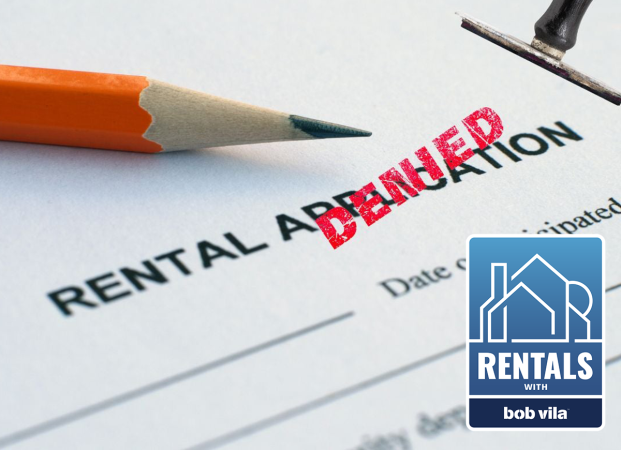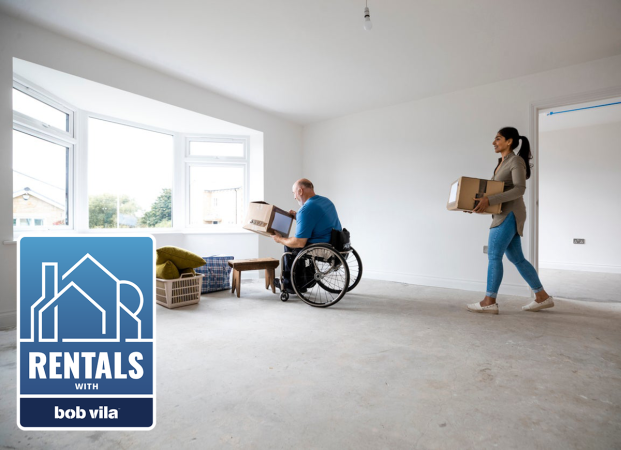We may earn revenue from the products available on this page and participate in affiliate programs. Learn More ›
Welcome to The State of Rentals with Bob Vila, a series dedicated to showing both landlords and tenants the crucial steps in finding the right property, potential challenges with renting, precautions to protect your interests, and ideas for making the most of your next move. We’ve included current market trends mixed with Bob’s tried-and-true advice, our vetted shopping guides, and the behind-the-scenes tips you need to make your rental a home.
Homeowners are on their own for repairs and upgrades. Renters, on the other hand, have the benefit of landlord assistance when it comes to maintenance costs and repair bills. Landlords must ensure the rental property is habitable, meaning it is fit to live in and free from safety and health hazards. However, not every landlord offers the same level of care.
The renter may have to insist on or even advocate for changes. Plus, purely cosmetic requests may be turned away, so it’s essential to understand what upgrades you’re entitled to before asking for improvements.
As a first step, it’s a good idea to review the terms of the lease, local and state health and building codes, and state landlord and tenant laws. The landlord may also be held accountable for previous written or verbal promises. Outlined below are some improvements that are almost always the owner’s responsibility.
A Fresh Coat of Paint

A fresh coat of paint can do wonders for an aging space, but it can be an expensive upgrade. Renters may wonder whether they should roll up their sleeves or ask the landlord to do it. The answer is that it depends on the length of time since the last paint job.
Renters simply looking to add a pop of color may be out of luck, but those who have rented for years without a fresh coat of paint could be entitled to this upgrade. The timeframe between paint jobs should be outlined in the lease. In some states, landlords are generally required to paint every 3 to 5 years.
RELATED: 11 Renter-Friendly Ideas for a Reversible Remodel
Structural Repairs
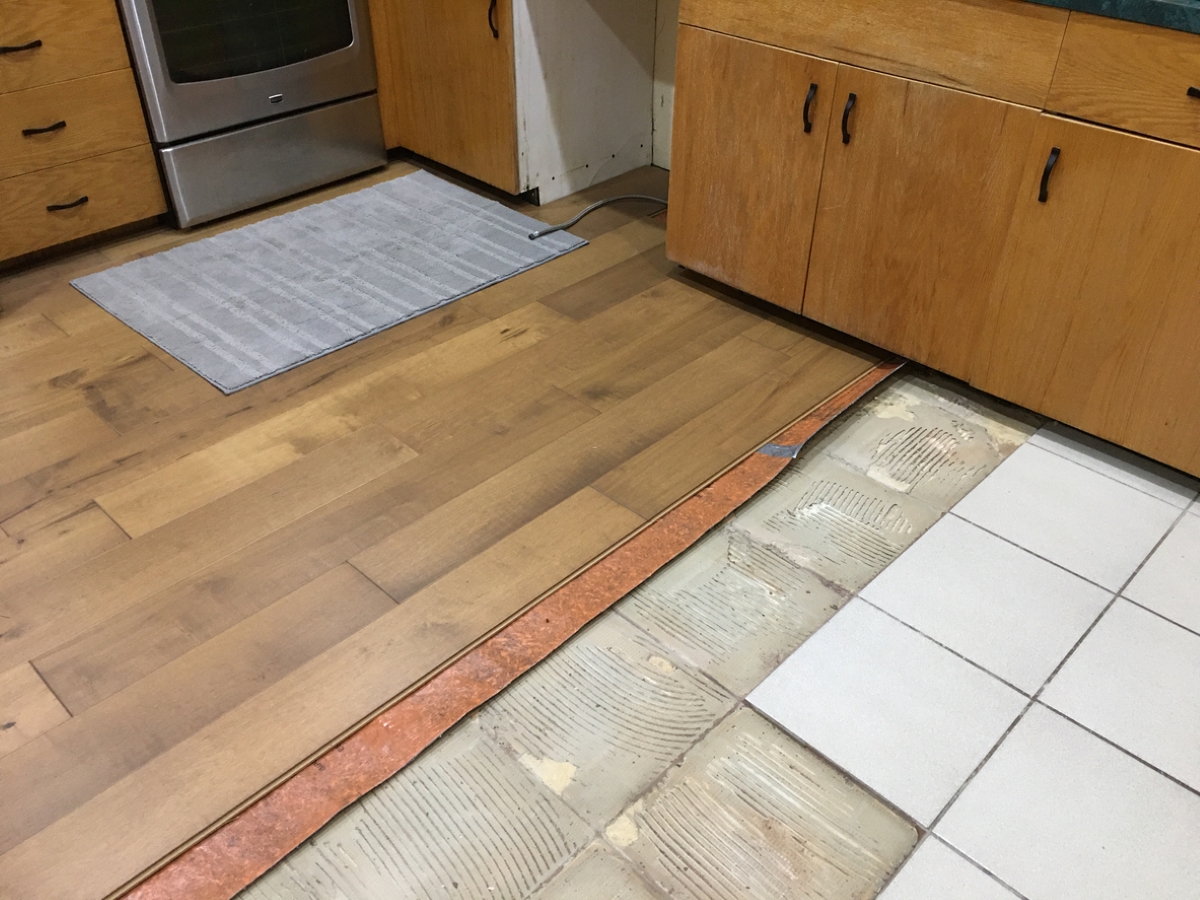
Health and safety codes require that the landlord take care of structural issues. If something in the home poses a safety hazard, it’s worth addressing with the landlord. This would include things such as broken floorboards, an unsafe banister, or damaged stairs.
The landlord is also responsible for fixing or replacing the roof if there’s a leak or other hazardous issue, and taking care of any necessary weather-related damage repairs or mold remediation.
RELATED: 8 Things Renters Should Always Look for on Their Apartment Leases
Heat, Electrical, and Plumbing Upgrades
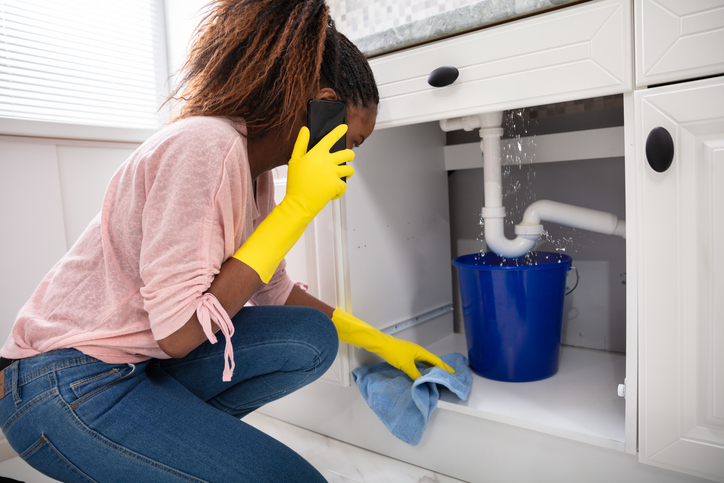
If the heating system only works properly half of the time or there’s a leak under the kitchen sink, it’s time to call the landlord. Necessities such as electrical, heating, and plumbing systems must operate properly.
For those who only get a minute of hot water, it’s reasonable to request a repair to the water heater, as landlords are responsible for supplying hot and cold water in reasonable amounts.
Fully Functioning Appliances
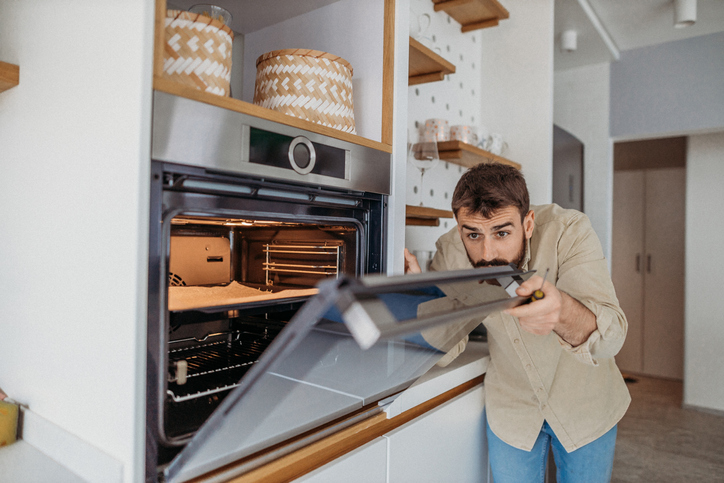
Renters may be unable to request the latest stainless steel professional cooktop, but they are entitled to a functioning stove. Landlords are responsible for replacing a broken or faulty appliance, usually the same type or quality as the previous one.
Landlords aren’t technically required to supply appliances, but any that were provided at the commencement of the lease should be replaced if repairs aren’t possible.
RELATED: Renters: When to Accept an Oral Agreement and When to Insist on a Written Contract
Carpet Cleaning or Replacement
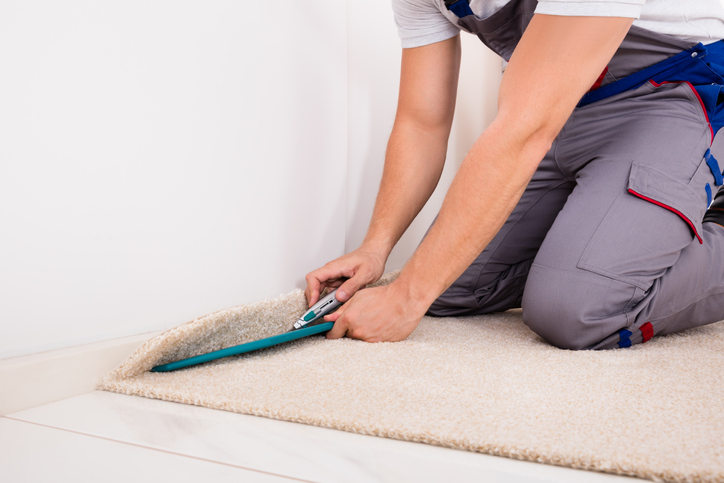
It’s unrealistic to expect yearly carpet cleanings or simply a cosmetic carpet change, but it may be necessary in some circumstances. If a carpet has holes that could be tripping hazards or areas of mold, it could be a health hazard. In these cases, the landlord will be responsible for replacing it.
If the tenant is the one that damaged the carpet, however, the carpet replacement may be deducted from the security deposit. For tenants who have a good working relationship with the landlord and have lived in the same spot for many years, it’s reasonable to ask for an upgrade from a worn carpet.
RELATED: Renters, Here’s How to Make Sure You Get Your Security Deposit Back
Door Locks and Other Safety Measures
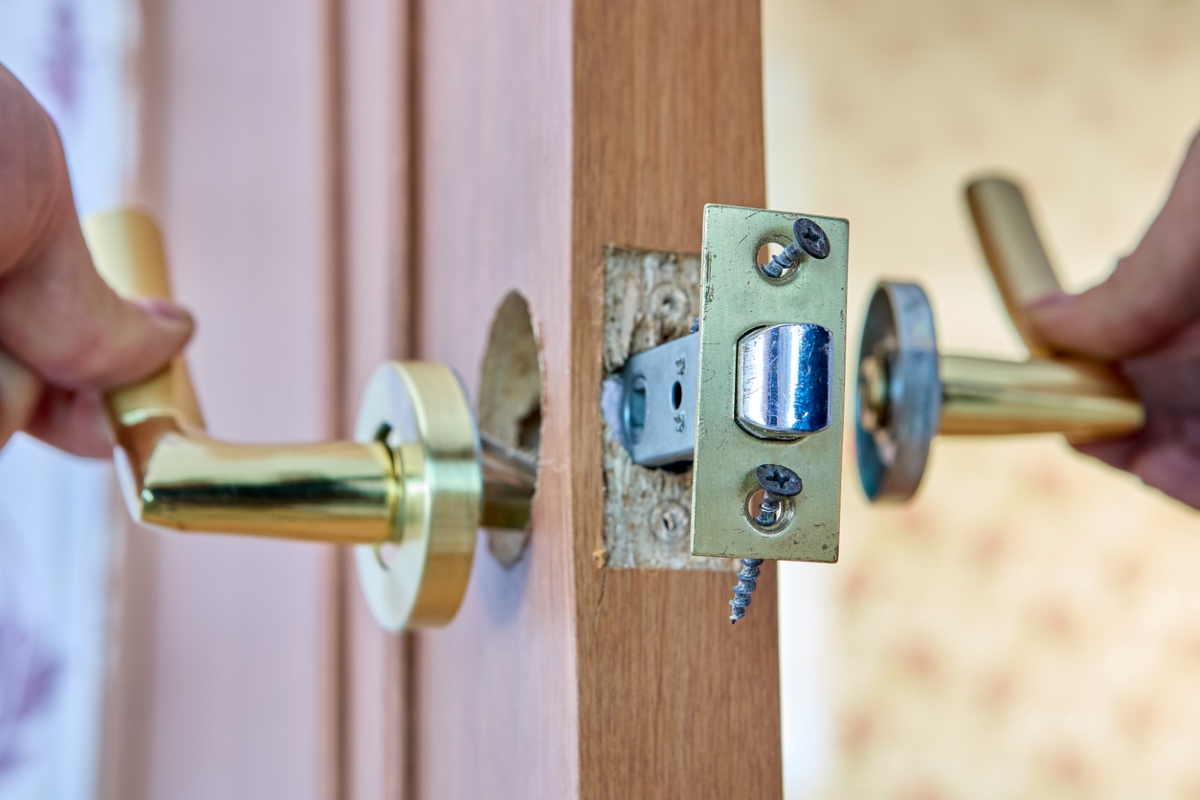
If the neighborhood kids can sneak into the house with no problem, it’s probably time for a safety upgrade. A prompt replacement can be expected if the lock is no longer functioning correctly or it threatens the renter’s security.
At a minimum, security should include sturdy locks and ample lighting in dark areas around the home or building. If the tenant feels the current lock has been compromised, they can ask the landlord to replace it. However, it will most likely be replaced at the renter’s expense.
RELATED: The Best Renters Insurance Companies
Pest Services
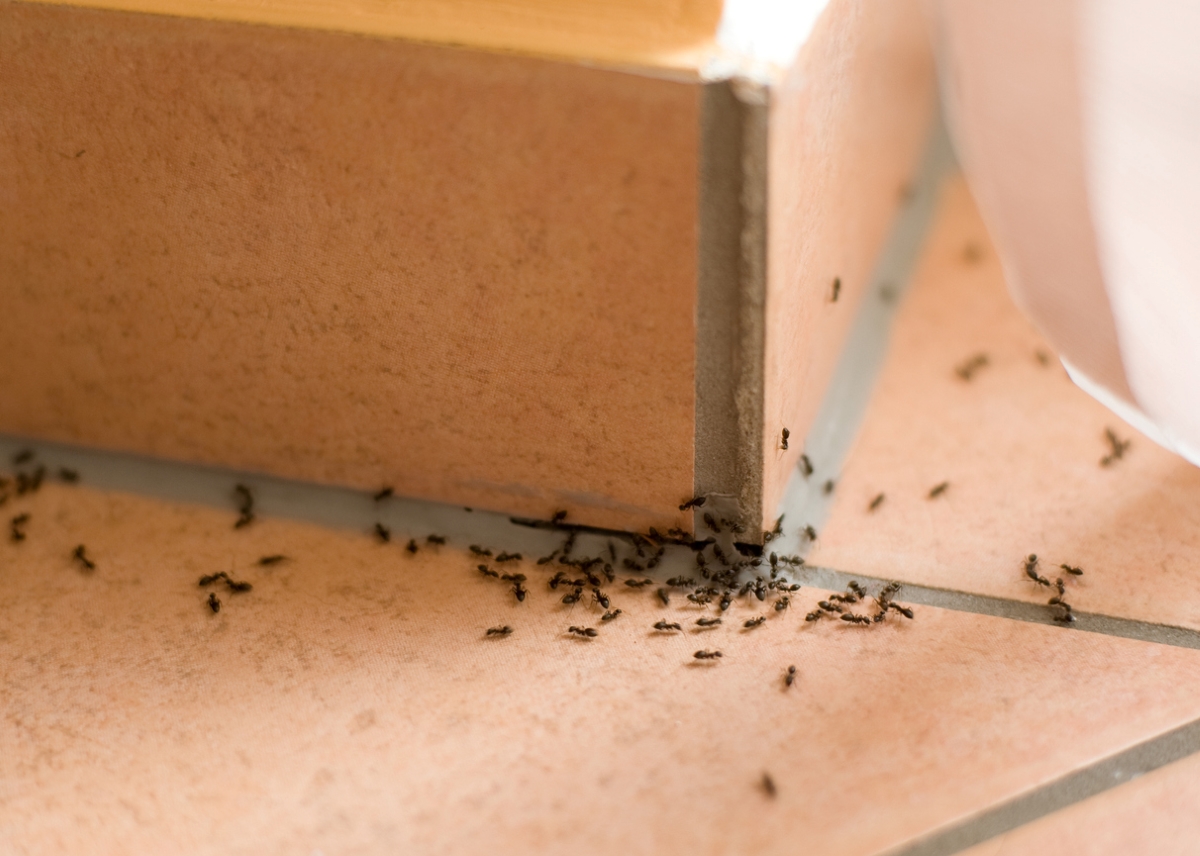
Those coping with a rodent or ant infestation will often want to call the landlord right away. While it’s not an upgrade per se, making sure the home is habitable includes ensuring that it is free of critters is the landlord’s responsibility. This may include a one-time exterminator service or a weekly or monthly upkeep plan.
RELATED: Don’t Forget This Important Step After Signing Your Apartment Lease
Property and Landscape Improvements
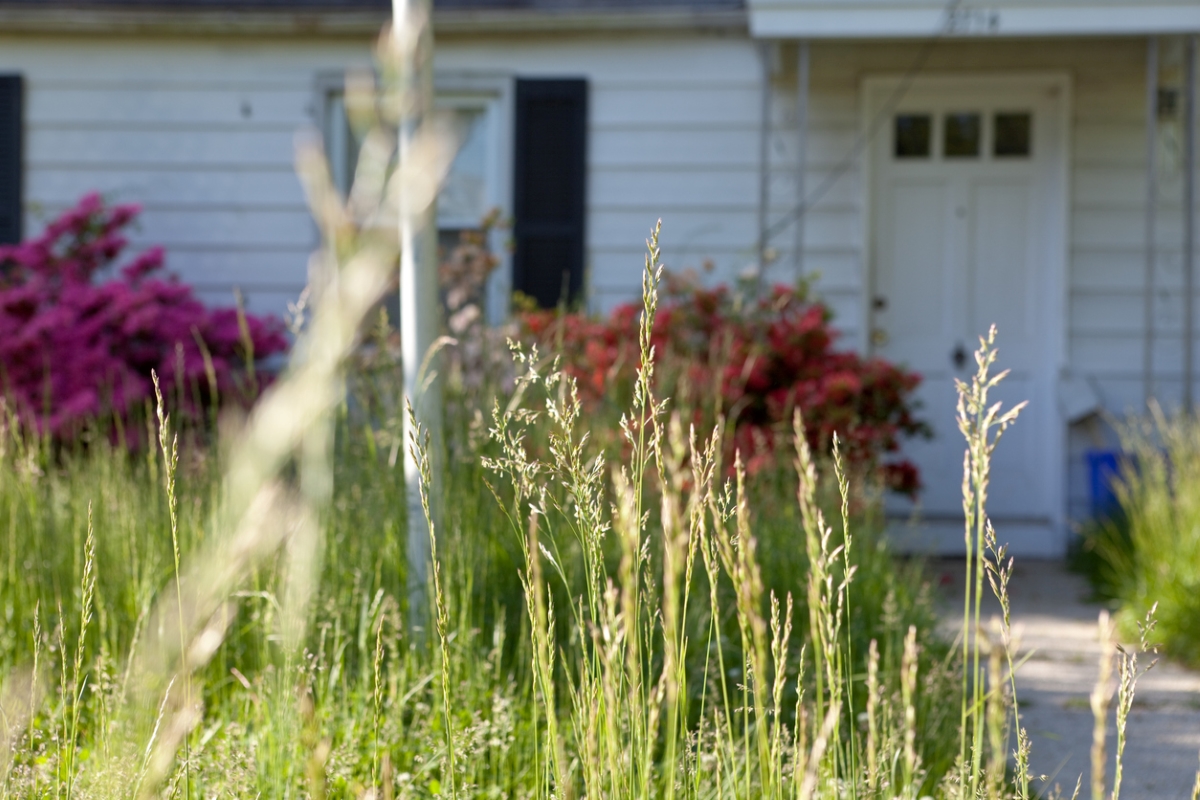
Exterior upgrades can be tricky and often depend on the lease. At a house, a tenant may be responsible for mowing and landscape upkeep. However, for a shared property, the landlord is usually in charge.
The level of maintenance necessary is often dictated by neighborhood or city requirements. The landlord may want to take on property maintenance in stricter areas to ensure it is up to local standards, since it’s their name on the deed.

